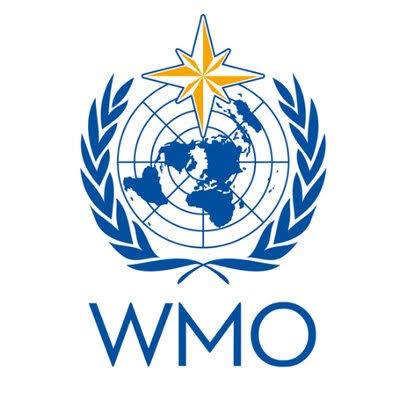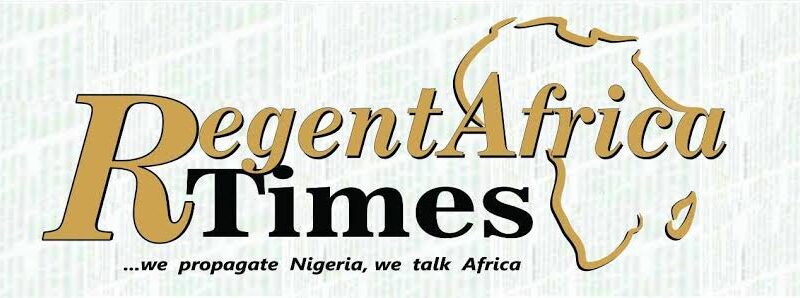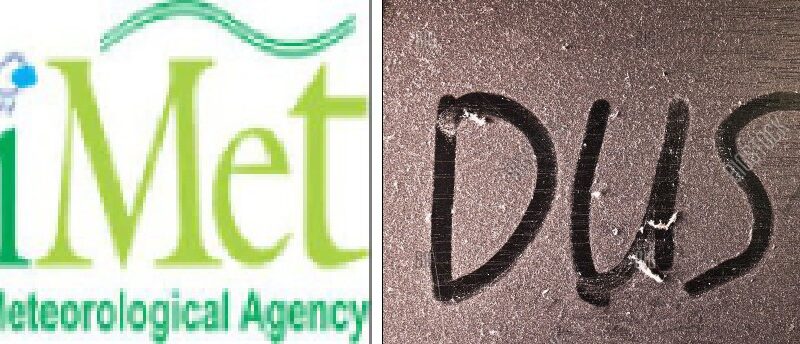By Favour Nnabugwu
The World Meteorological Organization (WMO), in collaboration with the Federal Democratic Republic of Ethiopia through the Ethiopian Meteorological Institute (EMI), gathers decision-makers in weather, climate and water across Africa to enhance digital transformation of the Hydrometeorological Services in the Region.
The conference, which is currently ongoing from 13 -17 February 2023, will draw a strategic digital plan to enhance the capacities of Hydrometeorological Services in Africa and partnerships on the infrastructural strength of the National Meteorological and Hydrological Services (NMHSs).
The discussion includes partnerships in enhancing Communication in Service Delivery, Capacity Development, Research and Innovation and early warning in Africa.
The conference’s overall goal is to develop a strategy to boost the capacities of meteorological services in Africa through appropriate digital technologies for service delivery to provide early warning services for All.
According to the Secretary-General of the World Meteorological Organization, Professor Petteri Taalas, “’ Digitalization transformation of the Meteorological services in Africa will fasten data transmission speed and increase the ability to create products and services for real-time exchange of information, critical for forecasting and warnings of hydrometeorological hazards”
“By 2030 digital technologies will deliver reductions in carbon emissions equivalent nearly seven times the size of the growth in the ICT sector emissions and reduce emissions by 20% by 2050 in the highest-emitting sectors’, he added.
In his remark, the Ethiopian State
Minister for Water and Energy, H.E. Dr Abraha Adugna, noted that ‘’the frequency and intensity of hazards is significant in Africa and the impacts are having pressure in socioeconomic sectors.’’,
‘’The government of Ethiopia, in partnership with the Ethiopian Meteorological Institute (EMI), has established a modernized network for collecting and interpreting meteorological data for early warning services to improve lives and livelihood’’, he said.
Recently, African Governments have recognized the transformative potential of digital technologies within their countries.
They also recognize the importance of government in driving the movement towards a connected, digital economy which harnesses the power of technologies as a driver for economic growth and innovation.
However, the key to realizing this possibility lies in expanding digital adoption and inclusion across society.
The use of modern digital technology has an unexploited potential to offer through the value chain of climate services, including in fields such as data collection, co-design, dissemination, and personalization of services.
Much of the technologies to develop these areas are not yet fully utilized, and most of the reported progress is on data production rather than service development and delivery. Digital solutions hold the key to ensuring climate services lead to increased resilience in Africa.
The President of RAI, Mr Daouda Konate, said, ‘’It is essential to use innovative solutions to implement initiatives of Early Warning systems in Africa, and without digital transformation, our meteorological services cannot implement adequate early warning to our people. We must contribute to policies for the implementation of early warning for Africa.
To enhance last-mile communication, mobile telephone connectivity is essential. International Telecommunication Union (ITU) data shows that 3G and 4G broadband coverage in Africa need to improve compared to developed regions such as America, Europe, and Australia.
These resources are essential for adequate weather and climate services and applications and dissemination to user communities.
These resources are essential for adequate weather and climate services and applications and dissemination to user communities. ITU noted that information and communication technologies (ICTs) “can help accelerate progress towards every single one of the 17 United Nations Sustainable Development Goals (SDGs).”
ICTs have provided a means to deliver goods and services in health care, education, finance, commerce, governance, and agriculture with unprecedented scale, speed, and accuracy. Such technologies can also have a multiplier effect on social and economic capital development.
They can help reduce poverty and hunger, boost health outcomes, create new jobs, mitigate climate change, improve energy efficiency, and make cities and communities sustainable.” African NMHSs will leverage on this progress to improve meteorological service delivery.
The African Union has developed its digital transformation strategy for Africa (2020-2030) with the vision to have an integrated and inclusive digital society and economy in Africa that will improve the quality of life of Africa’s citizens, strengthening the existing economic sector to enable its diversification and development.
It ensures continental ownership with Africa as a producer and not only as a consumer in the global economy.
Climate change continues to strike Africa with extreme weather events.
There have been deadly floods in Nigeria, affecting more than 1.3 million people in October 2022, and devastating drought in the greater horn of Africa, including parts of Kenya, Ethiopia, Sudan, and Somalia, where more than 13 million people are facing severe food insecurity. And the health of 6 million children from these countries is affected by malnutrition.
Crops are drying up due to failed consecutive rainy seasons in many parts; food harvests are expected to be much lower than normal. More than 3 million livestock supporting the livelihoods of pastoral communities have died in the Region.
The digital transformation of the NMHSs will make accessing severe weather warnings and alerts easy. The technology transformation will strengthen and modernize NMHSs to perform their public weather functions for the safety of lives and property.
The 18th Session of Regional Association I (RA I Africa) will follow the Regional Conference (RECO) from 13th -17th February 2023, while the High-Level Segment with the participation of Ministers responsible for Meteorology in Africa, will precede the RA I Session.
The focus will be on the ‘Early Warning for All’ (EWS4ALL), an initiative by the UN SG António Guterres. Meteorological service delivery will be the cornerstone of the Early Warning initiative. It will play a significant role towards WMO addressing the call by the United Nations to have all of the planet covered by EWS by 2027.





